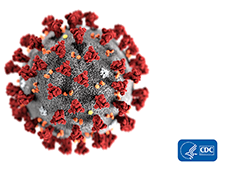 In addition to continued COVID-19 virus testing in the Communicable Disease Division, the WSLH response to the pandemic has expanded to include surveillance for the virus in wastewater as well as helping the state and local communities decontaminate PPE.
In addition to continued COVID-19 virus testing in the Communicable Disease Division, the WSLH response to the pandemic has expanded to include surveillance for the virus in wastewater as well as helping the state and local communities decontaminate PPE.
Wastewater Surveillance
In late May, a team of WSLH Environmental Health Division researchers – Jocelyn Hemming, Dagmara Antkiewicz, Kayley Janssen and Martin Shafer- were successful in obtaining a $1.25 million dollar grant from the WI Department of Health Services (WDHS) to establish a statewide program for surveillance of SARS-CoV-2 (the virus that causes COVID-19) in wastewater.
Looking for COVID-19 virus in wastewater is being heralded as a potential way to identify emerging outbreaks in communities.
The surveillance network will provide for trend analysis and early detection of SARS-CoV-2 in communities across the state by monitoring viral RNA in influent streams and sludge at wastewater treatment facilities (POTWs). High frequency sampling will focus on the two largest POTWs in each of the 21 most populace counties. Lower frequency sampling will take place at 80 additional POTWs located in more rural Wisconsin.
The project will run for a period of one year, beginning June 1, 2020.
Researchers at the UW-Milwaukee School of Freshwater Sciences led by Sandra McLellan will partner with the WSLH team to implement the study. The study team will work in close collaboration with the WDHS and Wisconsin Department of Natural Resources (WDNR) in POTW recruitment, data interpretation and public messaging.
According to Kayley Janssen, the WSLH expects to test about 100 samples a week and that poses one of the project’s first challenges.
“Current methods for this type of testing are for much lower sample numbers,” she said.
In order to jump-start method development for the high-throughput testing, a combo Water Microbiology and Environmental Toxicology team successfully competed for a $10,000 UW/WARF COVID-19 Accelerator Challenge Grant to develop, optimize and implement a higher throughput method of concentration and isolation of SARS-CoV-2 from wastewater. Janssen and Dagmara Antkiewicz are co-PI’s on the grant.
“We want to tease apart what will work well with sensitivity,” Janssen explained.
WisCon Helps with PPE Decon and Inspection
One of the long-standing problems in the COVID-19 pandemic has been the shortage of Personal Protective Equipment (PPE) for healthcare workers and first responders, oftentimes requiring them to re-use their N95 respirator face masks. But in order to re-use them, the masks need to be decontaminated.
That’s where the occupational health and safety consultants in the WSLH WisCon Onsite Safety and Health Consultation Program have been providing a vital service to the state.
Building on UV light decontamination methods developed by Nebraska Medicine and the University of Nebraska Medical Center, a strike team of three WisCon consultants – George Gruetzmacher, Robert Vercellino and Kelli Rush – have been working out of the State Emergency Operations Center assisting local communities in implementing PPE decontamination units and providing training.
The WisCon consultants have worked with local emergency management staff and first responders in Sawyer, Jackson and Marquette counties, as well as Lake Delton and several other Wisconsin communities.
In addition to onsite training in the communities, WisCon has created several training videos.
The second WisCon PPE effort focuses on staff going to State warehouses to inspect PPE to ensure suitability for intended use and provide feedback. A rotating team of WisCon consultants have fulfilled this mission including Kelsi Berlinghof, Terry Lawrin, Veronica Scott and Dan Trocke.
Here are some news articles about the WisCon efforts –
https://www.kenoshanews.com/news/local/kfd-decontamination-process-puts-kenosha-ahead-of-the-curve/article_10a43fcd-ff0a-59c7-8828-9a95210d5da6.html
https://www.apg-wi.com/sawyer_county_record/free/new-uv-decontamination-site-to-be-set-up-in-sawyer-county/article_57157a92-8e16-11ea-abcb-df9c840c048d.html
https://www.wiscnews.com/wisconsindellsevents/news/local/dells-lake-delton-emergency-management-unveils-new-decontamination-device-for-public-use/article_74b5b5be-0022-52f9-965d-f9b04120f7d9.html
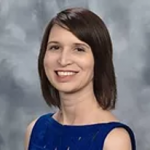 The Wisconsin State Laboratory of Hygiene (WSLH) is pleased to announce that Errin Rider, Ph.D., D(ABMM), M(ASCP)CM, has accepted the position of WSLH Associate Director of Clinical Testing. She will begin her new position on Sept. 1st.
The Wisconsin State Laboratory of Hygiene (WSLH) is pleased to announce that Errin Rider, Ph.D., D(ABMM), M(ASCP)CM, has accepted the position of WSLH Associate Director of Clinical Testing. She will begin her new position on Sept. 1st.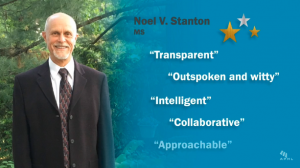
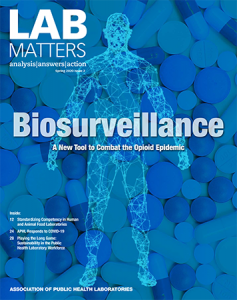
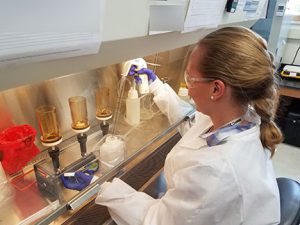
 In addition to continued COVID-19 virus testing in the Communicable Disease Division, the WSLH response to the pandemic has expanded to include surveillance for the virus in wastewater as well as helping the state and local communities decontaminate PPE.
In addition to continued COVID-19 virus testing in the Communicable Disease Division, the WSLH response to the pandemic has expanded to include surveillance for the virus in wastewater as well as helping the state and local communities decontaminate PPE.